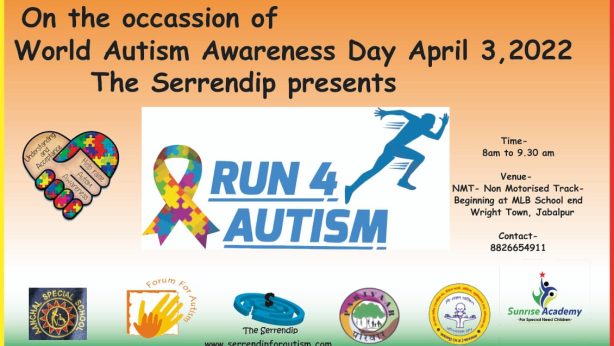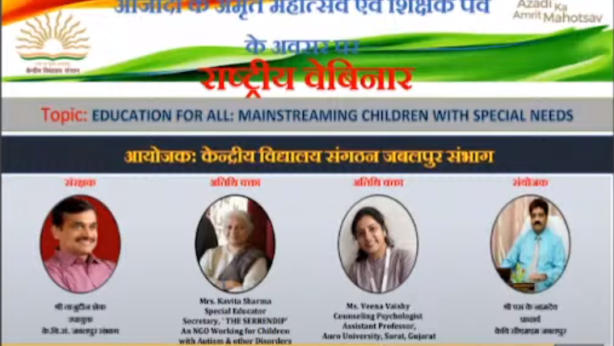More employment opportunities for those suffering from autism today
Retail and hospitality sectors are offering more avenues to such individuals
People with autism often excel in areas that cater to their strengths. Organisations are slowly waking up to this fact, offering vocational training to autistic individuals in sectors that play up their strengths and turn them into assets.
“The general awareness about the disorder is more now. Also, acceptance levels have increased in educational institutions. However, after school, the question of vocation arises,” said Vijay Patil, Autism Society of India. Computer-based vocations, such as software testing that is both a repetitive activity and an art, are areas where persons with autism are being trained and finding employment, he added.
Many say that the idea to train and employ autistic persons gained momentum after the Rights of Persons with Disabilities Bill, 2016, was passed and included Autism Spectrum Disorder (ASD) in its list of disabilities.
“A child with autism grows up into an adult with autism. The education such children are given in school will not help them if they are not made to follow a structured day after they finish school. Their needs change with age,” explains Sarbani Mallick, founder-director, Bubbles Centre for Autism, which is introducing vocational training for adults from this June. The centre will train people in printing, IT-enabled services and hospitality.
In fact, the retail and hospitality sectors are beginning to offer more employment opportunities to people with autism, says Jayashree Ramesh, director, Academy for Severe Handicaps and Autism (ASHA). “There are other fields, such as farming and cooking, that show great promise, but have not been explored,” she said.
However, both Ms. Ramesh and Ms. Mallick point out that vocational training for adults with autism was a concept that is still in infancy. “There is no system in place for this yet,” said Ms. Ramesh.
Welfare schemes
Govindraju, State Commissioner for Disabilities, said though the commission had welfare schemes for persons with autism and cerebral palsy ‘indirectly’, the inclusion of ASD in the list of disabilities ensured that it enjoyed legal backing. “We have already started day-care centres for children with autism and we are also looking at starting vocational training for them,” he said.



